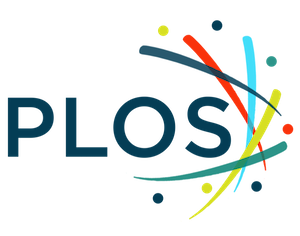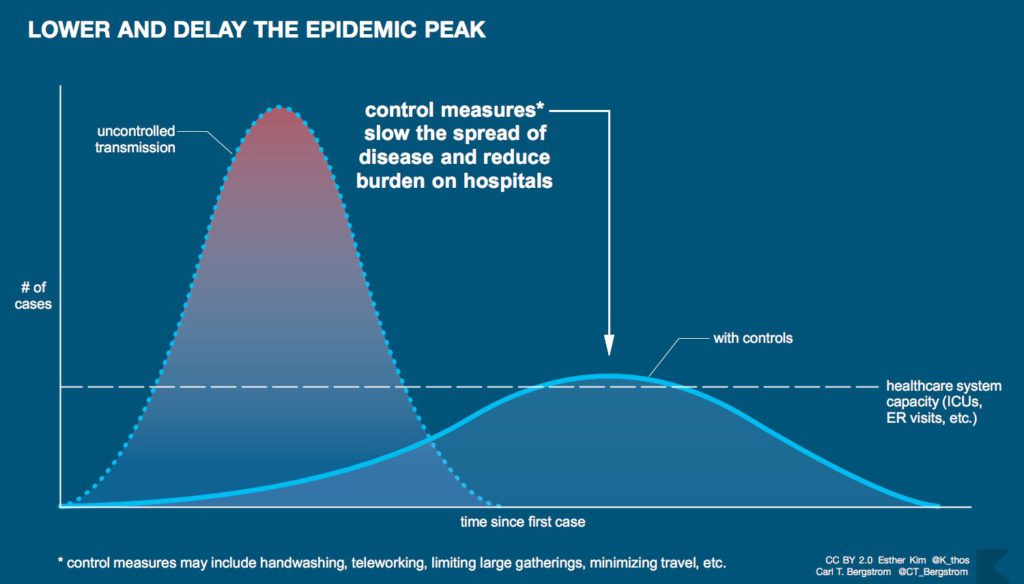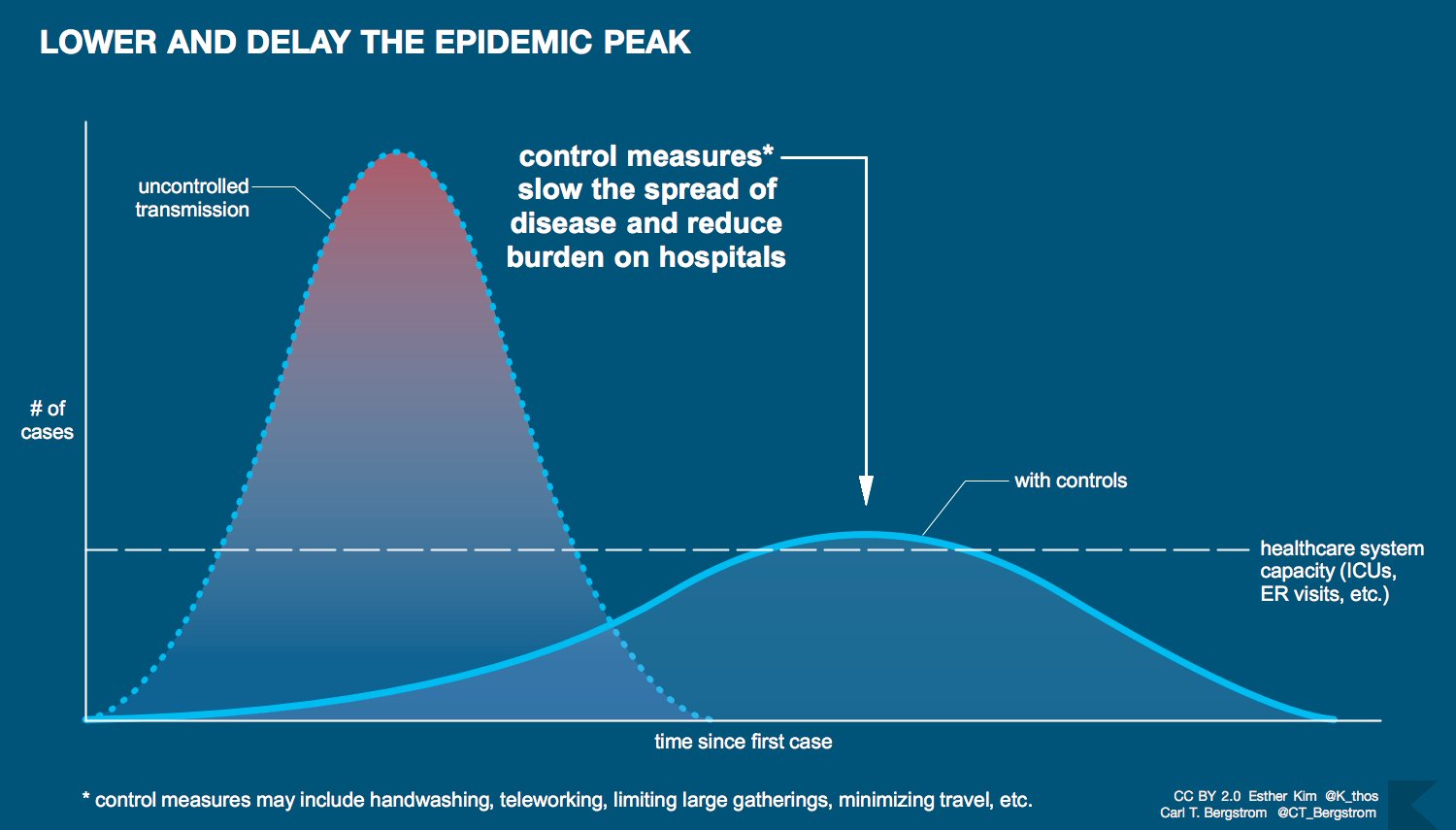OPEN SCIENCE
Coronavirus outbreak puts ‘open science’ under a microscope. This is a blog by the Fred Hutchinson Cancer Research Center about their activities (such as Nextstrain). To me this exemplifies that it is not only the fast and immediate access to written papers or preprints about disease outbreaks that is important, but the immediate availability of research data as part of open science, prior to any paper being written. In the case of Nextstrain, different genetic sequences of novel coronavirus samples are uploaded in realtime, and through comparison of virus mutations create a picture of how the virus is propagating.
The Coronavirus (COVID-19) outbreak highlights serious deficiencies in scholarly communication. On the LSE Blog, Vincent Larivière, Fei Shu, and Cassidy R. Sugimoto make the point that whilst subscription journals are making research related to the COVID-19 outbreak freely accessible, important historic research of relevance remains behind their paywalls.
Advancing Open Science Practices: Stakeholder Perspectives on Incentives and Disincentives. The proceedings from last year’s workshop organized by the US National Academies are now available.
Is it Finally the Year of Research Data? – The STM Association Thinks So. A good overview of the state of play; blog post by Phill Jones in The Scholarly Kitchen.
Challenges for funders in monitoring compliance with policies on clinical trials registration and reporting: analysis of funding and registry data in the UK. This study published in BMJ Open finds that 24 months after completion only 68% of UK clinical trials had publicly reported their main findings.
PUBLISHING
The Michael J. Fox Foundation for Parkinson’s Research Adopts Open Access Publication Policy. The policy requires that outcomes of all funded research are posted on preprint servers and published open access.
How the academic publishing oligopoly skews debates on the cost of publishing. In this blog post, Samuel Moore argues that a diverse ecosystem of small/open publishers (at a somewhat higher cost) would be better than “an efficient academic publishing oligopoly making everything open access while tracking and monetising all of our interactions.” Instead, he says, “we should be nurturing the kinds of publishing cultures we want to see, both financially and in our publishing practices: those that value the labour needed to care for publishing and that work in harmony with research communities rather than extract from them.”
Testing a new approach to open access fees. An Elsevier open access journal in economics is testing an editorial processing charge (EPC) instead of article processing charges (APC). It is also not a submission charge, as it only applies if a paper is sent to peer review. The fee is non-refundable if a paper is rejected after peer review. It is an interesting trial at a time when other open access publishers are moving away from transaction fees paid by authors.
Springer Nature Group will be Carbon Neutral in 2020. Key contributions will be the use of green energy for their facilities and carbon offsetting of activities such as staff flights.
RESEARCH
The Spanish flu (1918-20): The global impact of the largest influenza pandemic in history. Max Roser looks at the impact of the 1918 influenza and of other historic influenza pandemics, and flags up some of the differences to COVID-19.
This twitter thread by Palli Thordarson explains why washing your hands with soap is so effective against the novel coronavirus, disassembling its outer membrane.
PLOS
We’re excited about our new design! There is more information about the redesign on the Official PLOS Blog.
| We’re excited about our new design! There is more information about the redesign on the Official PLOS Blog. |  |

This visualization explains why it is so important to slow down the spread of COVID-19 as a way to reduce future burdens on the health system, even if the number of total cases in a country appears still low.
Credit (CC-BY 2.0): Esther Kim, Carl T. Bergstrom
